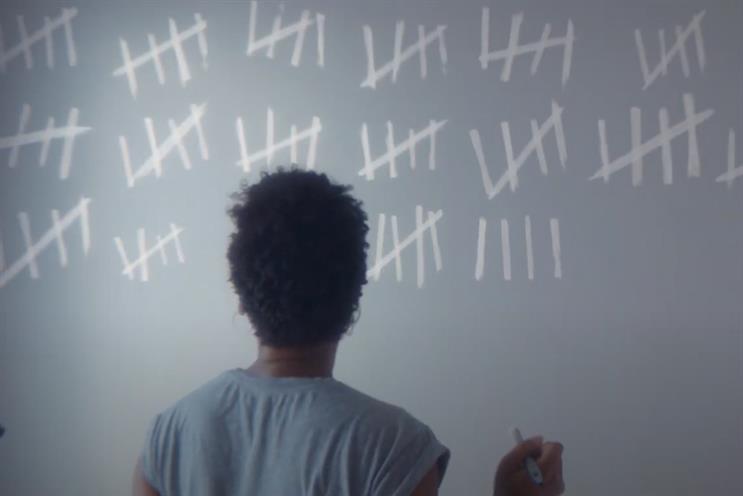
Marketers from Carlsberg, On The Beach and Dixons Carphone have called on TV broadcasters to make permanent the flexibility they have shown brands and their agencies during the pandemic.
Discussing the year ahead for brands as part of ±±ľ©Čüłµpk10’s Breakfast Briefing yesterday (6 January), Zoe Harris, chief marketing officer of On The Beach, said that although TV can be a “challenging media partner”, during the pandemic the broadcasters were “amazing” in their flexibility.
She continued: “But that was because it was collective. They had no choice really, we were all in it together and nearly all of their advertisers were impacted. They're not as great when an individual brand has a particular problem.”
ITV and Channel 4 cut their late booking fees last year in a bid to support advertisers and drive revenue amid the pandemic and fast-changing environment. Channel 4 later made its four-week advanced booking deadlines permanent.
As part of the session, Emma Sherwood-Smith, director of marketing at Carlsberg Brands UK, recalled the complexities involved in July’s “Welcome back to the pub” campaign, which celebrated the reopening of bars in the aftermath of the UK’s first Covid-19 lockdown.
She said: “In June we had the whole nation really excited about pubs opening again. It got to 3 July and the mood started to go from anticipation to nervousness to fear to anxiety.Â
“You get to the 11th hour and things that seemed so on-point in terms of the mood of the nation on Thursday, by Friday night make you think: 'I'm not sure, I might hold back a little bit and just see how this plays out.’ That's where we need the media owners.”
Sherwood-Smith acknowledged the human cost of media owner executives being on standby 24/7 and called for the industry to develop ways of meeting the needs of advertisers without sacrificing the wellbeing of staff.
“I'd love to have that agility and that responsiveness, but without the blood on the walls for the people that were working so hard to help us deliver that,” she said.
Dan Rubel, brand and marketing director at Dixons Carphone, warned traditional media owners there would be a cost to reverting to a less flexible approach.
Rubel said: “I hope that the more traditional media – which still are important and delivering excellent customer impact ROI for many brands and businesses – are able to maintain and grow some of the flexibility that they've created during lockdown.Â
"If I was in their shoes, I would, because there's a lot of places for everyone to spend their money.”
Harris questioned why marketers were "enabling" a way of working that dated back 20 years when it was more difficult to provide ad copy digitally. "That's one of the things that we should be campaigning for post-Covid, rather than just reverting back to the old, because it's one of the things that slows us down," she said.
But it was not just the traditional media owners in the marketers’ crosshairs during the session yesterday. Rubel called on the tech giants, such as Google and Facebook, to improve their transparency if they want to access even larger shares of marketers’ budgets.Â
Google and Facebook already dominate digital ad budgets – – but they do not open up their inventory up to independent verification as completely as traditional media owners.
Rubel said: “Transparency – especially on the more traditional media metrics and of eyeballs or coverage – and consistency would be so, so helpful. One understands the reason why that's hard for them to achieve, [but] long term it would unlock investment from the industry that they don't have access to.”
Google and Facebook are “good partners”, Rubel continued, but “it would be nice to have a single version of the truth”.Â



.jpg)
.jpeg)
